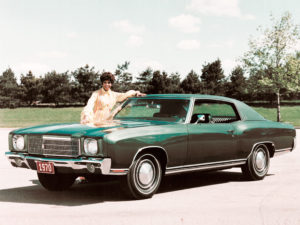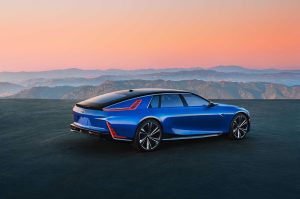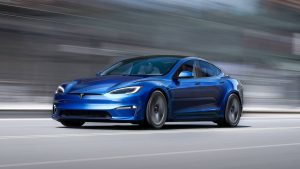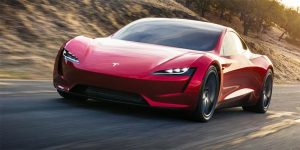Ford Motor Company isn’t just focused on environmental sustainability at their Dearborn headquarters. The company’s broader vision, outlined in their freshly released sustainability report, includes plants and facilities worldwide. This report is similar to one put forth by FCA earlier this year.
“We can develop and make great vehicles, sustain and grow a strong business and protect our planet at the same time – in fact, those ideals complement each other,” said Bob Holycross, vice president, chief sustainability, environment and safety officer. “We don’t have all the answers yet but are determined to work with all of our global and local partners and stakeholders to get there.”
Ford partnering with McDonalds to recycle coffee beans, create car parts with them.
Photo courtesy of Ford Motor Company
The report, the 21st in the company’s history, puts into writing the goal that the company will become fully carbon neutral by 2050. Along the way, Ford will set interim targets and focus strategies around the challenges of customer acceptance, government regulations, economic conditions and the availability of renewable, carbon neutral electricity, and renewable fuels.
To achieve this milestone, Ford will initially focus on three areas that account for approximately 95 percent of its CO2 emissions – vehicle use, its supply base and the company’s facilities.
Ford is also committing to add “environmentally friendly performance for its products and operations”. The company has employed a cross-functional team made up of members from its global workforce to address the challenges.
The company previously announced its plan to use 100-percent locally sourced renewable energy for all its manufacturing plants globally by 2035. That means energy would come only from sources that naturally replenish – such as hydropower, geothermal, wind or solar.
Ford continues to be a proponent of upcycling, as shown with their collaboration with McDonalds that turns waste byproduct of the company’s coffee operations into vehicle parts.








